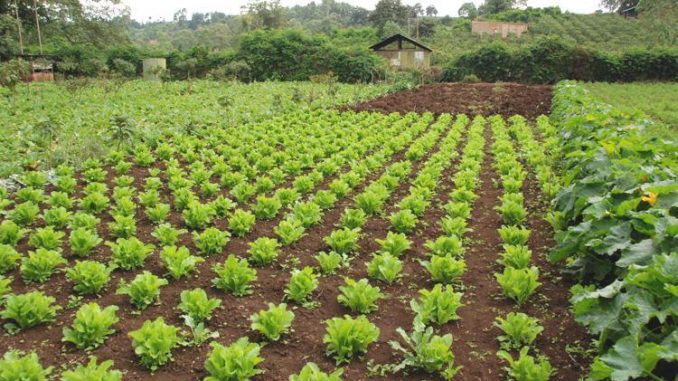Organic Farming
It is a farming system that focuses on cultivating the land and raising crops in a way that keeps the soil alive and healthy by using organic wastes (crop, animal and farm wastes, aquatic wastes) and other biological materials, as well as beneficial microbes (biofertilizers), to release nutrients to crops for increased sustainable production in an environmentally friendly pollutant-free manner.
Organic farming is an agricultural system that uses fertilizers of organic origin such as compost manure, green manure, and bone meal and places emphasis on techniques such as crop rotation and companion planting. It originated early in the 20th century in reaction to rapidly changing farming practices.

